Iraq, Sep 08 (V7N) – In a bold move to address climate change and water scarcity, the United Nations' Food and Agriculture Organization (FAO), in collaboration with the Najaf Agriculture Directorate and local authorities, has rolled out an innovative project to transform rice farming in southern Iraq. Backed by the Swedish International Development Cooperation Agency (SIDA), the initiative focuses on advancing climate-smart water management and promoting sustainable agricultural practices.
During a field event held in District 32 Umm Khashm, Al-Mashkhab, the FAO demonstrated the use of drone technology for applying foliar fertilizers in rice fields planted via mechanical transplanting. This effort aims to improve water conservation and increase crop productivity amid the region's significant water challenges.
FAO Representative in Iraq, Dr. Salah El Hajj Hassan, underscored the significance of the project, stating, "This joint initiative with the Najaf Agriculture Directorate and the Ministries of Agriculture and Water Resources is designed to enhance the rice production chain through climate-smart agricultural methods. The use of drones helps cut costs, reduce pollution, and improve yields."
Key local figures, such as Dr. Hadi Al-Yasiri, Director General of the Horticulture Department, and Mr. Farouk Al-Ghazali, Chairman of the Agriculture and Water Resources Committee, attended the event alongside local rice farmers. They reiterated their dedication to promoting sustainable agricultural practices in response to Iraq’s growing environmental concerns.
The project supports crucial Sustainable Development Goals (SDGs), including SDG 2: Zero Hunger, SDG 6: Clean Water and Sanitation, and SDG 13: Climate Action. By adopting modern techniques like mechanical transplanting and drone-based fertilization, FAO and its partners are equipping Iraqi farmers to adapt to climate change while preserving vital water resources for the future.
END/WAD/RH



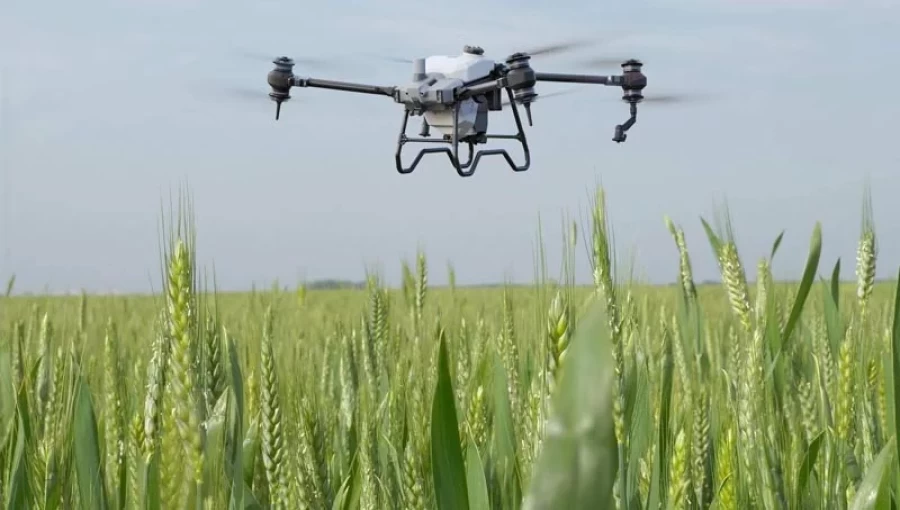
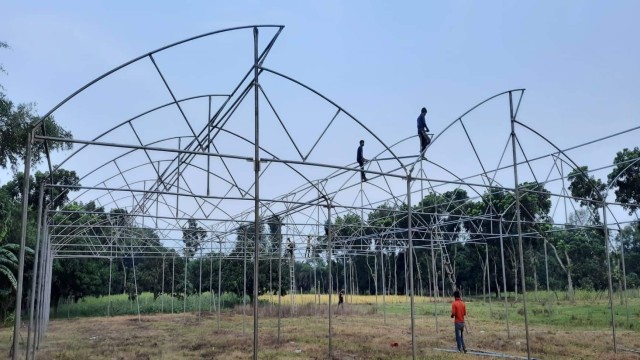
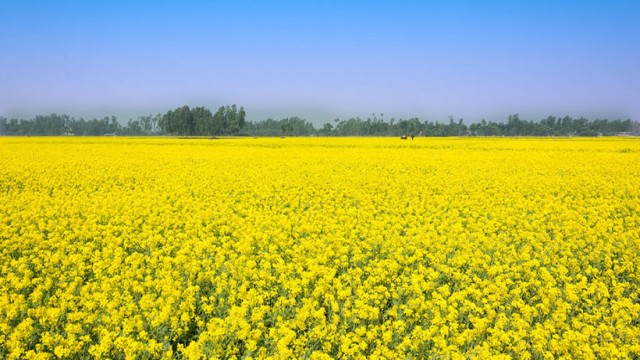
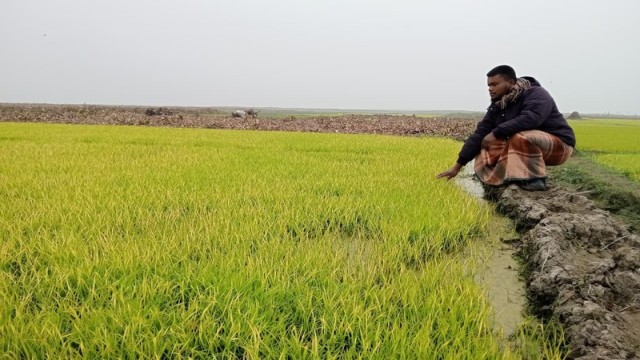
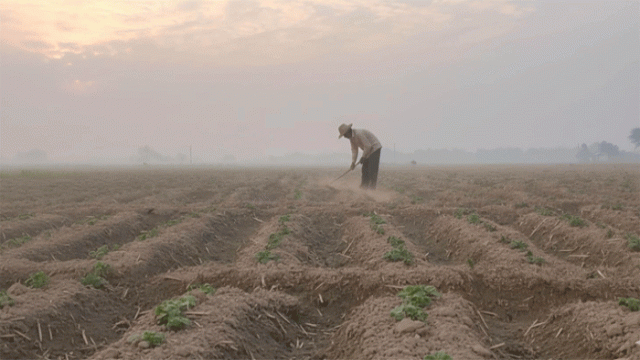
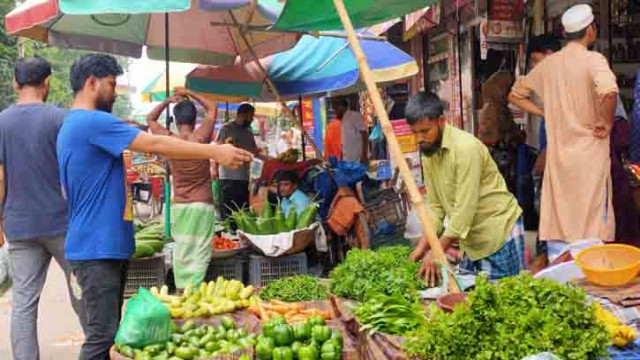
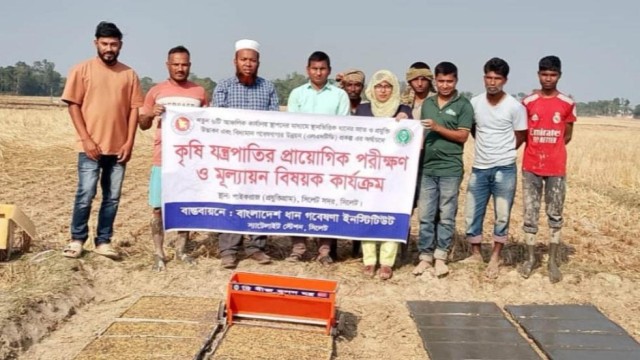

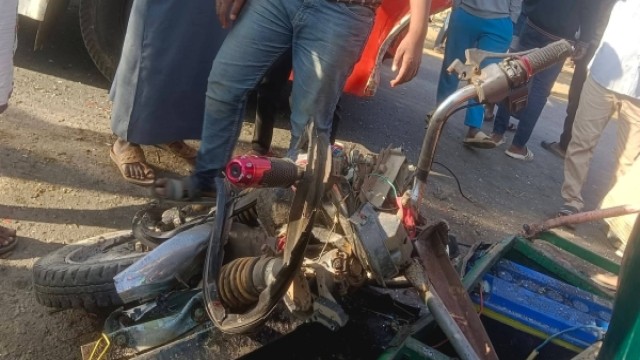

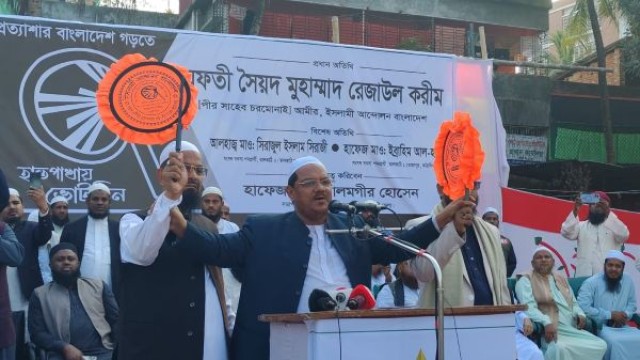

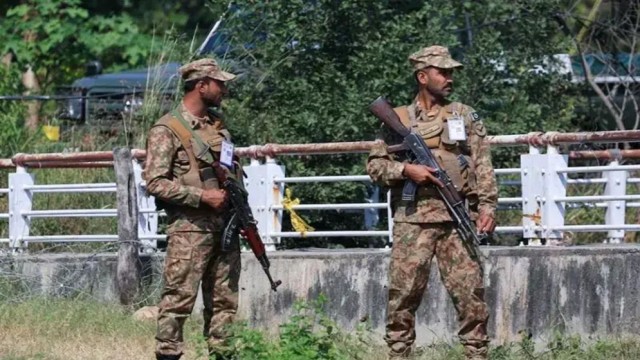
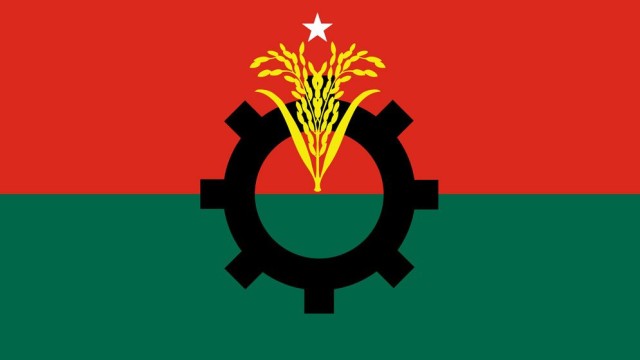
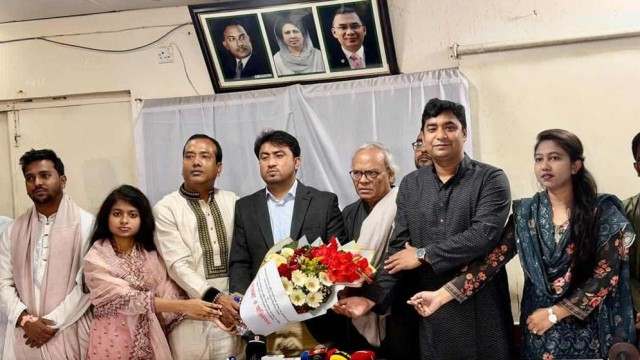
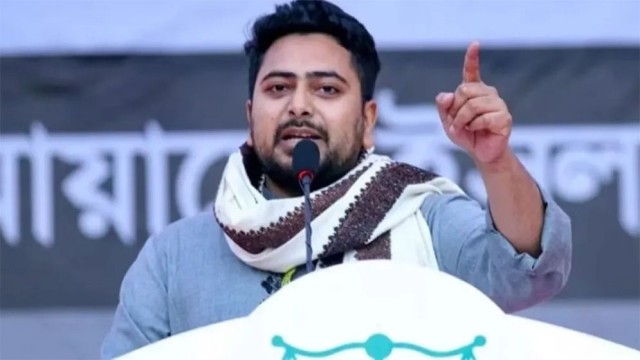
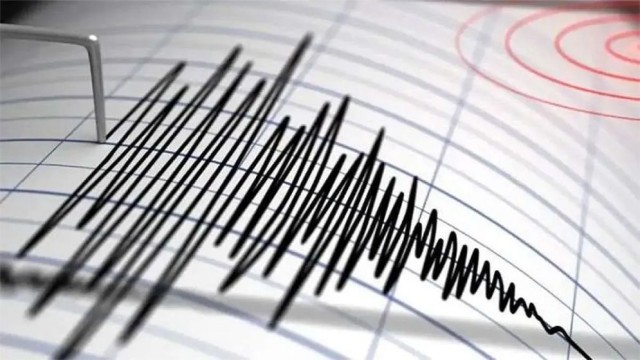











Comment: